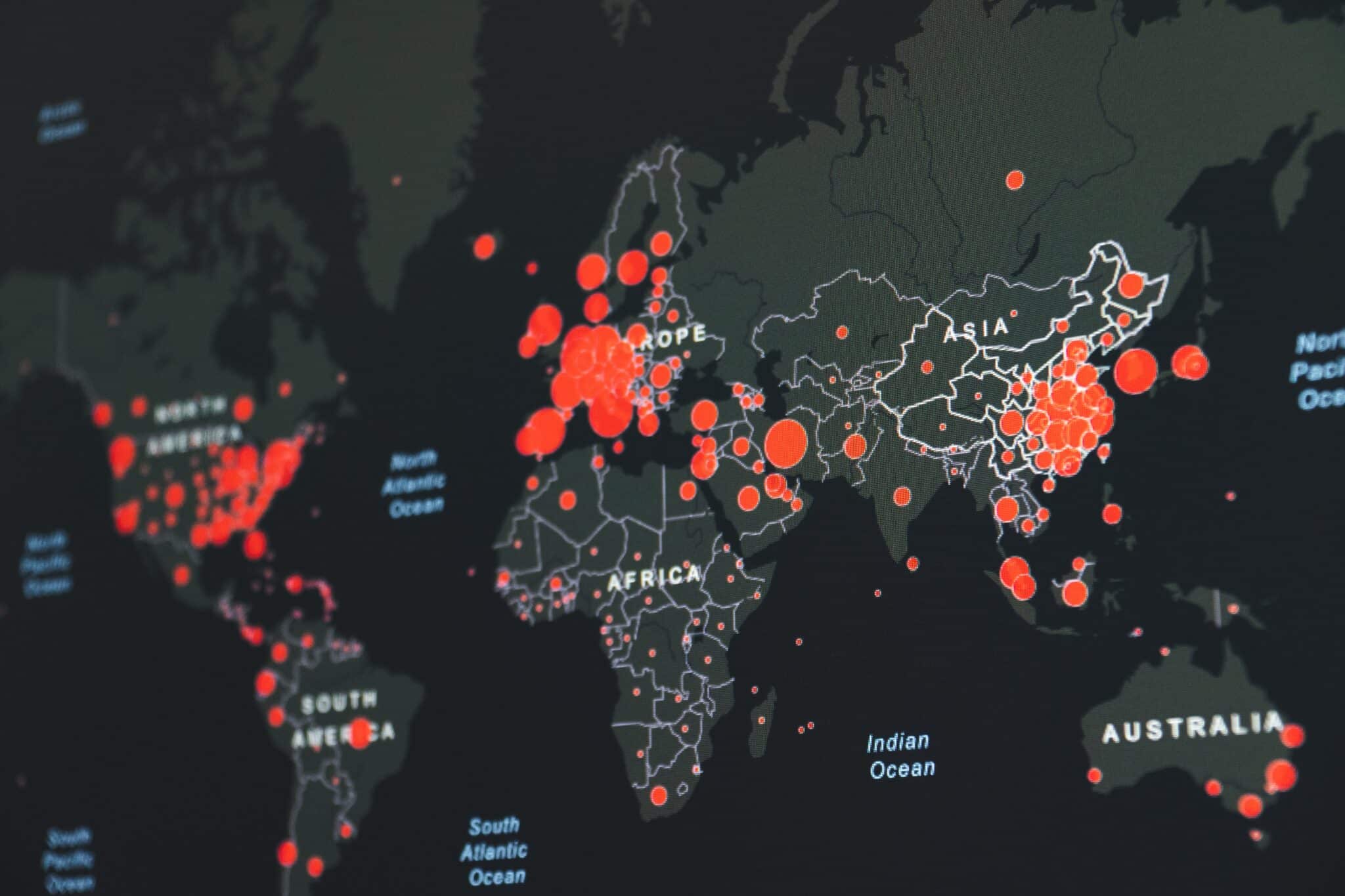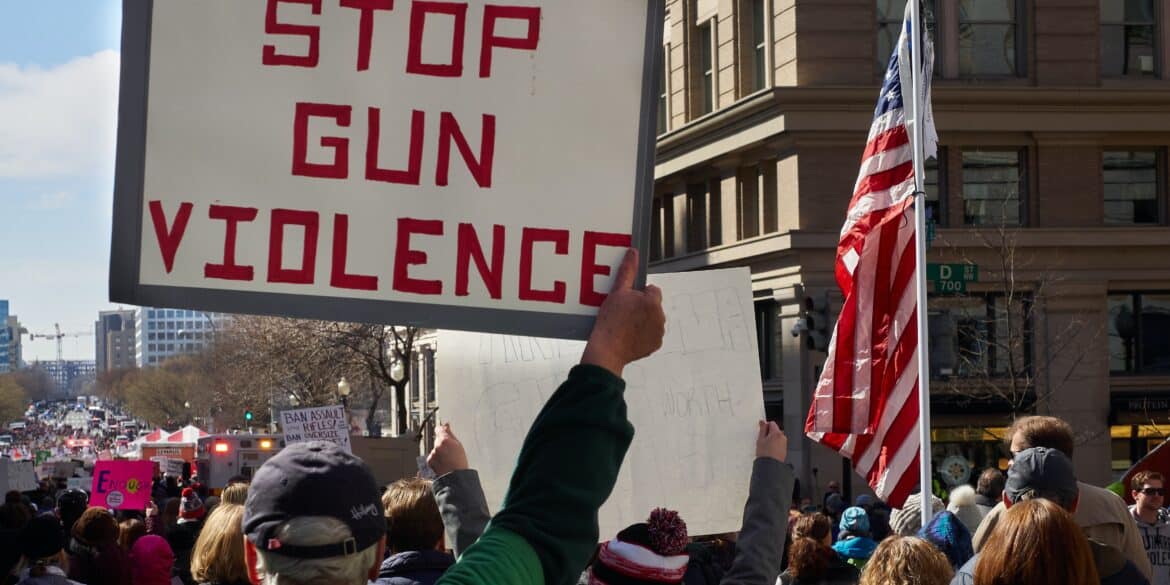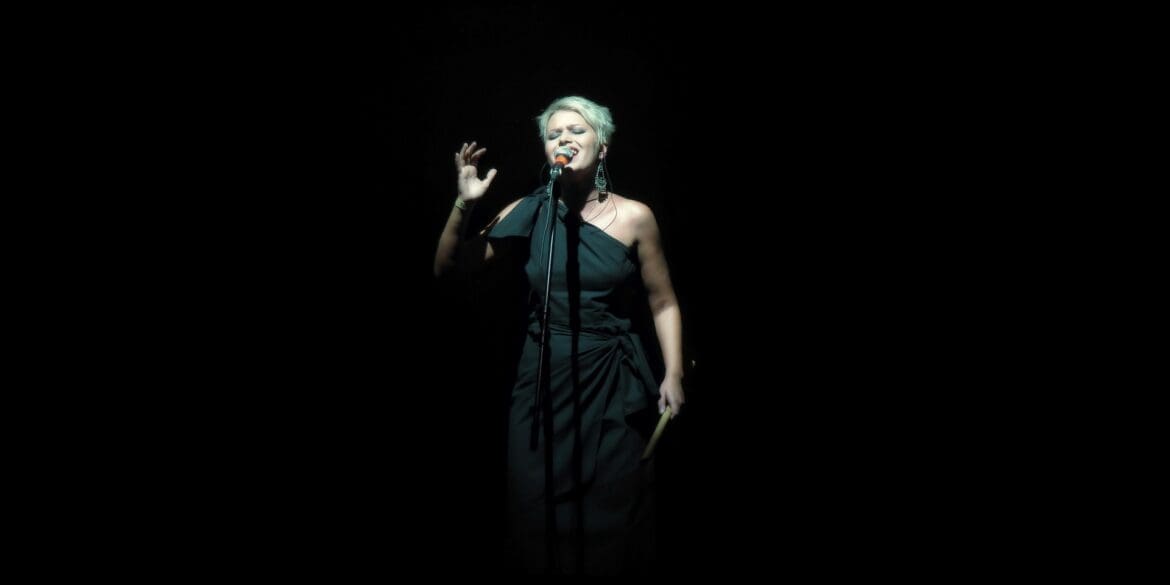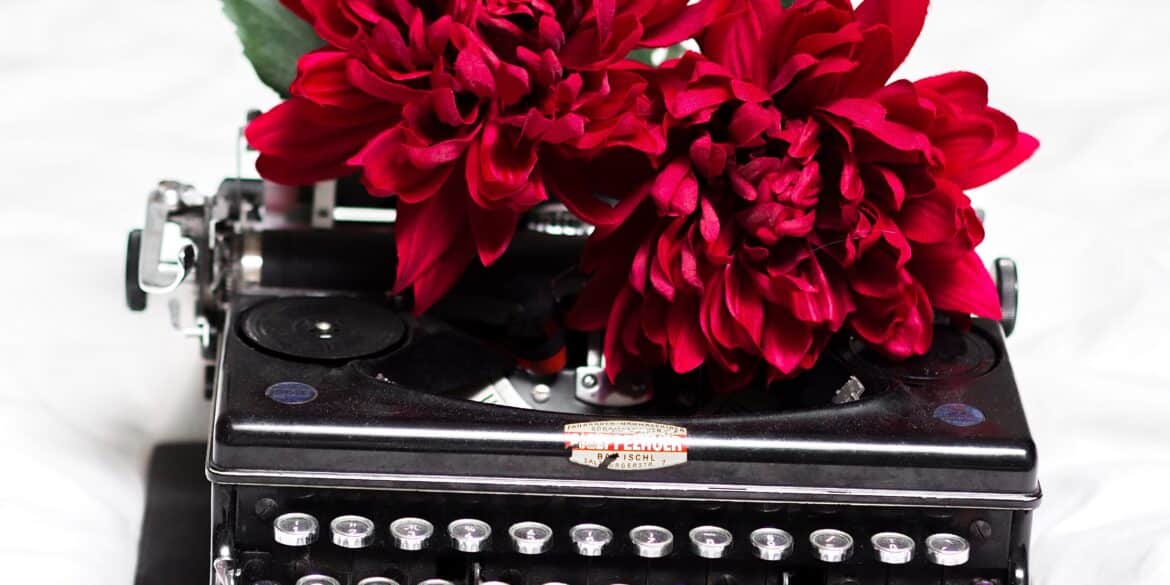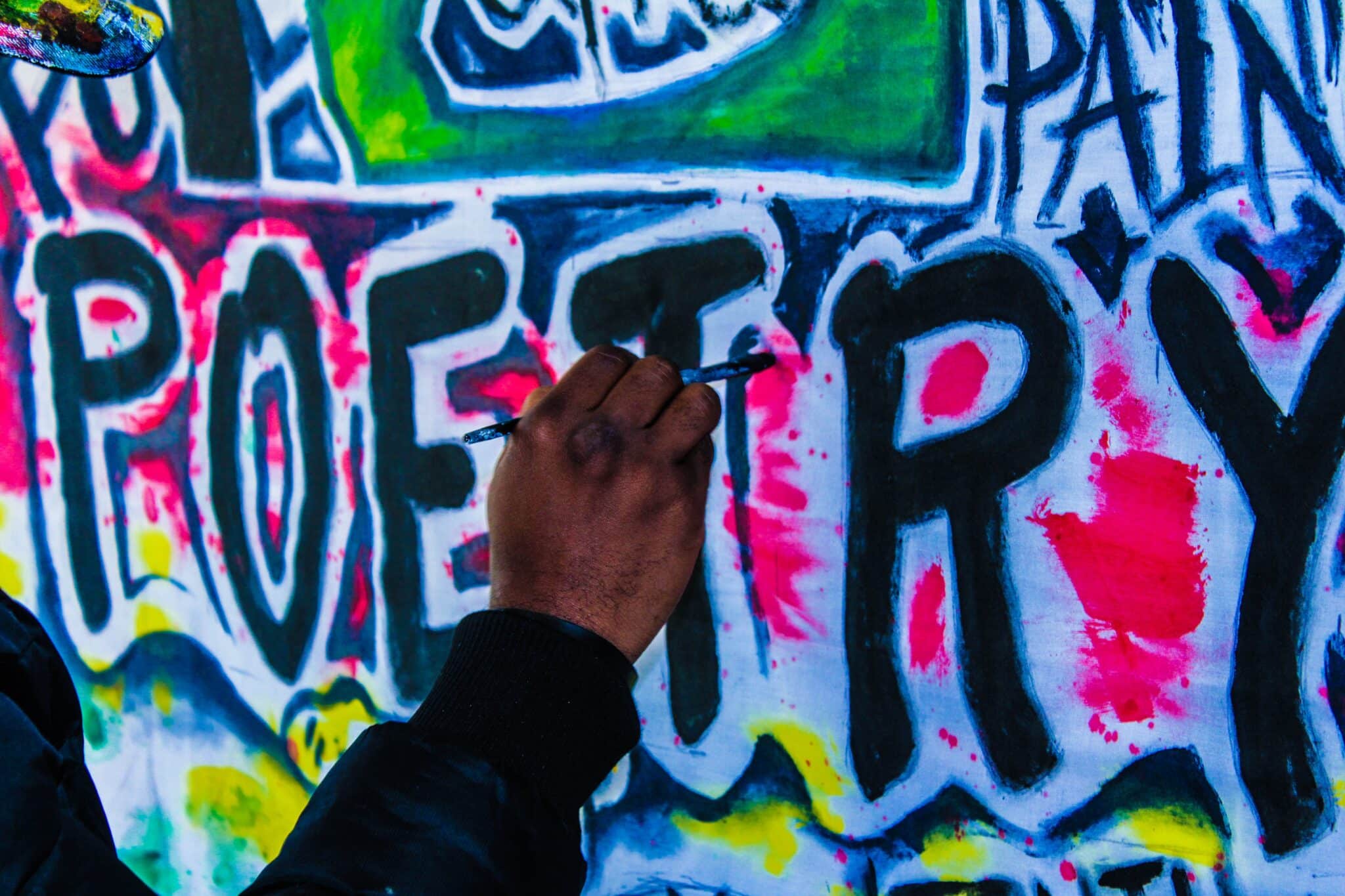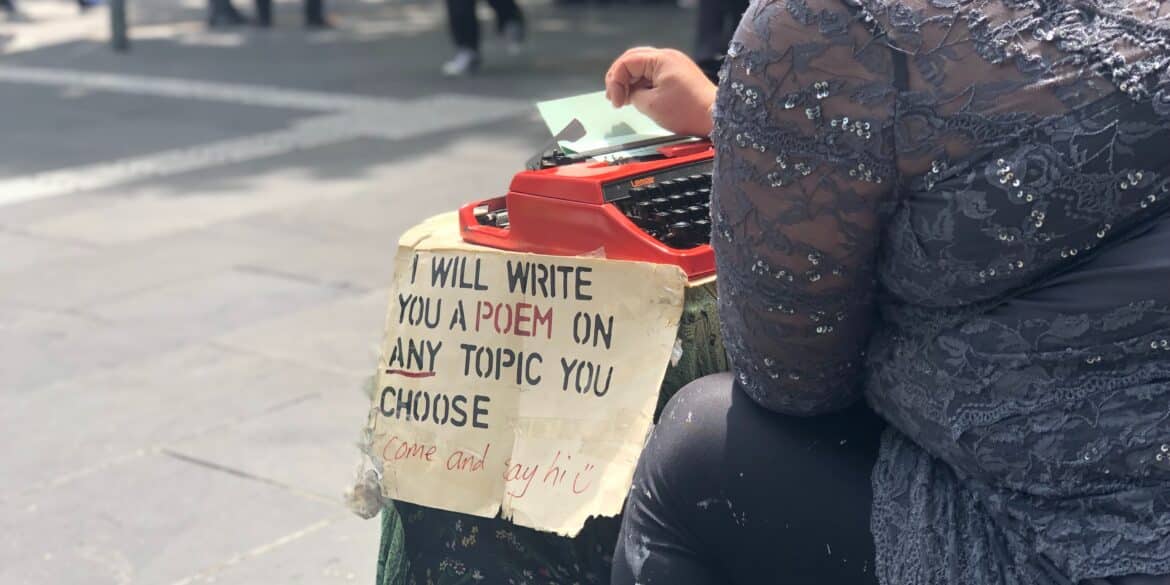In my poetry, I highlight negative depictions of Catholic religion and discuss how they differ from my own experiences as a Catholic.
The dynamic taking place in these poems was autoethnography, a hybrid of my investigation of the 1960's coupled with my personal experience.
Within the context of this poem, I tried to explain what was happening to my body because of SLE and what I was thinking.
I strived to represent the experience of being a pediatric healthcare worker during COVID.
This work, a narrative and poetic account of a school shooting, provides an experiential entry into the experience from the point of view of a faculty member.
This collection of poems is a glimpse into the lives lived on the margins, where the laws put in place to protect basic rights and bodily autonomy cease to apply.
I offer the following five poems to you. I hope that when you read/hear them you see a way into your own stories and ideas of poetic voice.
Through all of the things that separate us, there is one universal experience that transcends all barriers: love.
Lina Fe Simoy·
All ContentAutoethnographic EssaysAutoethnographic PoetryFrom the EditorsMoreVolume 3, Issue 2 (2023)
··5 min readThere are multiple approaches to find one's poetic voice depending on the lens one chooses as a part of the author’s creative process.
Ulla-Maija Matikainen·
All ContentAutoethnographic EssaysAutoethnographic PoetryEducationFrom the EditorsMoreVolume 3, Issue 2 (2023)
··4 min read A tsunami of words, images, learned and pushed feelings and thoughts go through us every day. Poetry is a way to find our own voice.
The Ultimate Wave: Prose Poetry of the Pandemic and Parents Author’s Memo “The Wave” examines the problem of pleasure and...
We invite you to participate in National Poetry month with us by reading and writing over at The AutoEthnographer's new Facebook group.





